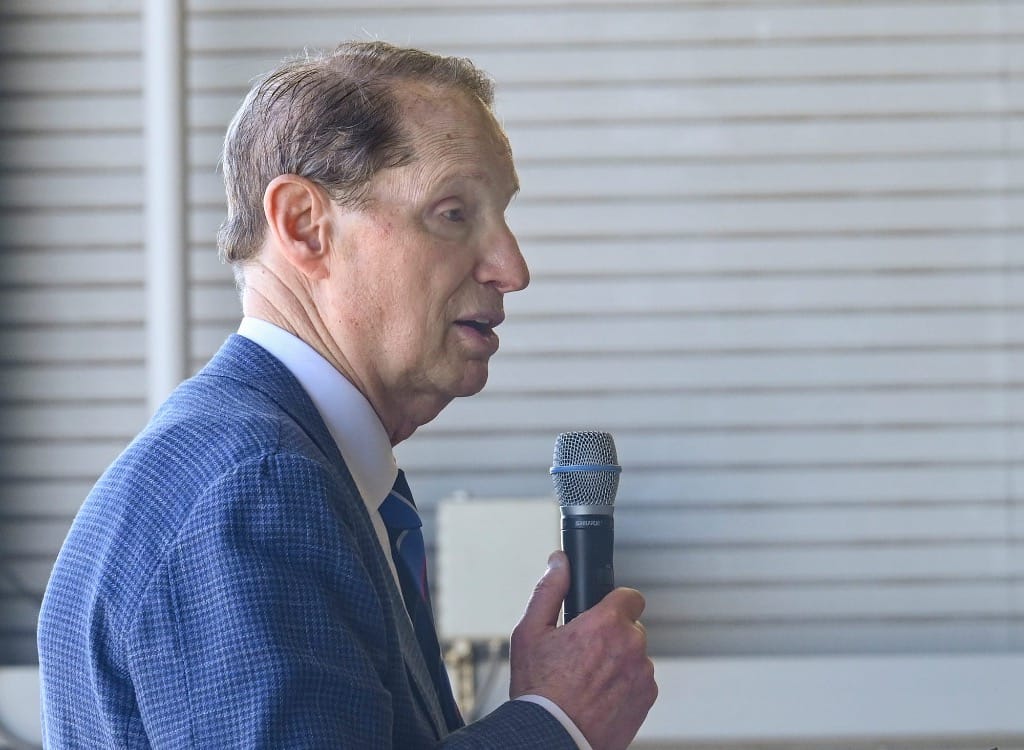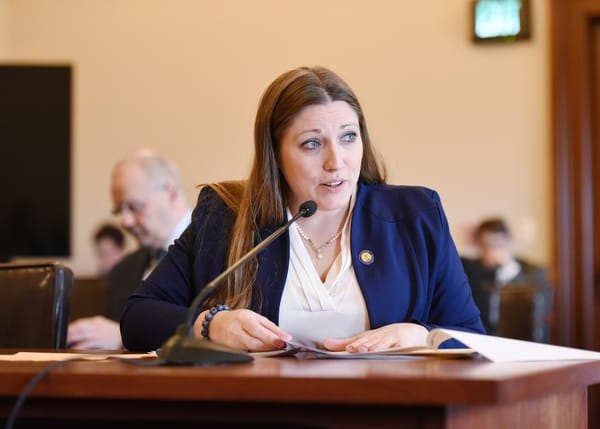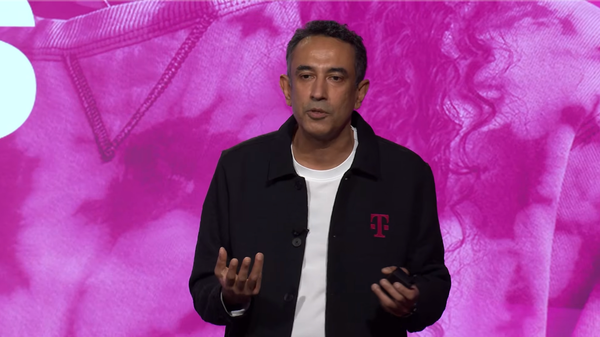What's Next for Net Neutrality?
‘We think the odds of Congress acting as requested are zero.’
Jake Neenan

WASHINGTON, Jan. 8, 2025 – Net neutrality is all but dead. But it appears to be dying with a whimper, not with a bang.
The Sixth Circuit Court of Appeals struck down net neutrality rules from the Federal Communications Commission last week, effectively ending the prospect of federal broadband regulation in the near future.
“By ruling that broadband ‘information service’ and not a ‘telecommunications service’ this court is saying that the ISPs that control your broadband access will continue to face little to no oversight for their actions. Katharine Trendacosta, Electronic Frontier Foundation's director of policy, and Chao Jun Liu, legislative associate, wrote in a blog post. “This is intolerable.”
The FCC had, of course, moved to reclassify ISPs as Title II telecom providers under the Communications Act, which would prevent blocking or throttling of traffic and give the agency much more leeway to institute rules around things like cybersecurity and consumer protection. The rules had been first instituted in 2015 under the Obama administration, before being reversed under Trump and reinstated again under Biden.
This time, FCC is certain not to appeal the ruling under Brendan Carr, the senior GOP commissioner tapped to lead the agency under the second Trump administration. Republicans have joined broadband providers in opposing the rules, and Carr is no exception: he spoke for more than half an hour against the April 2024 order reinstating net neutrality before it was adopted.
The dead end has led some to call on Congress to act. FCC Chairwoman Jessica Rosenworcel and Democratic Commissioner Anna Gomez both issued statements to that effect when the decision came down.
“I remain convinced that appropriate guardrails are necessary to ensure that this critical service remains accessible and secure for all,” Gomez said in her statement. “In the wake of the Sixth Circuit’s decision, Congress should act to end this debate and to protect consumers, promote competition and economic leadership, and secure the integrity of our networks.”
Sens. Ron Wyden, D-Ore., and Ed Markey, D-Mass., who have introduced a bill that would cement broadband as a Title II service, said they would continue the fight, but acknowledged the situation is not looking good for net neutrality proponents.
“With the incoming Trump administration hostile to broadband regulations and intent on using communications law to target its political opponents, we are clear-eyed about the immediate future for net neutrality protections,” they said in a statement.
‘We think the odds of Congress acting as requested are zero’
“Calls by Chairwomen Rosenworcel and Commissioner Gomez for Congress to codify the net neutrality rules are highly unlikely to succeed,” Blair Levin, former FCC chief of staff, said in an investor note for New Street Research after the decision came down. “We think the odds of Congress acting as requested are zero.”
Of course, both chambers of Congress are now under Republican control, with vocal net neutrality opponent John Thune, R-N.D., being named Senate Majority Leader. Sen. Marsha Blackburn, R-Tenn., has said the GOP Congress would “try to stop the back and forth on net neutrality,” but didn’t provide specifics.
It’s at least possible for someone other than the FCC to appeal the Sixth Circuit decision, though. A set of advocacy groups including Public Knowledge, the Benton Institute, New America’s Open Technology Institute, and others were intervenors in the case, meaning they joined as separate parties arguing in favor of the rules.
These non-profit groups could take the case to the Supreme Court even if the FCC doesn’t, although people familiar with the matter said the groups haven’t decided on a course of action yet. The high court is also not exactly friendly turf, issuing a string of rulings in recent years that curbed federal agency power and favored business petitioners.
Levin noted the Sixth Circuit didn’t rule that net neutrality violated the Supreme Court’s major questions rule, which he said would make it “slightly easier” for a future FCC to reverse the order once again, as it would only have to argue a different interpretation of the law, potentially in a different circuit. But he described that as highly doubtful, and years in the future in any case.
The decision did leave intact state net neutrality laws like Califonia’s, as well as affordability programs like New York’s. ISPs had challenged the latter in court, but the Second Circuit found that if broadband remained a Title I service, which it now will remain, states could set price caps for low-income subscribers.











Member discussion